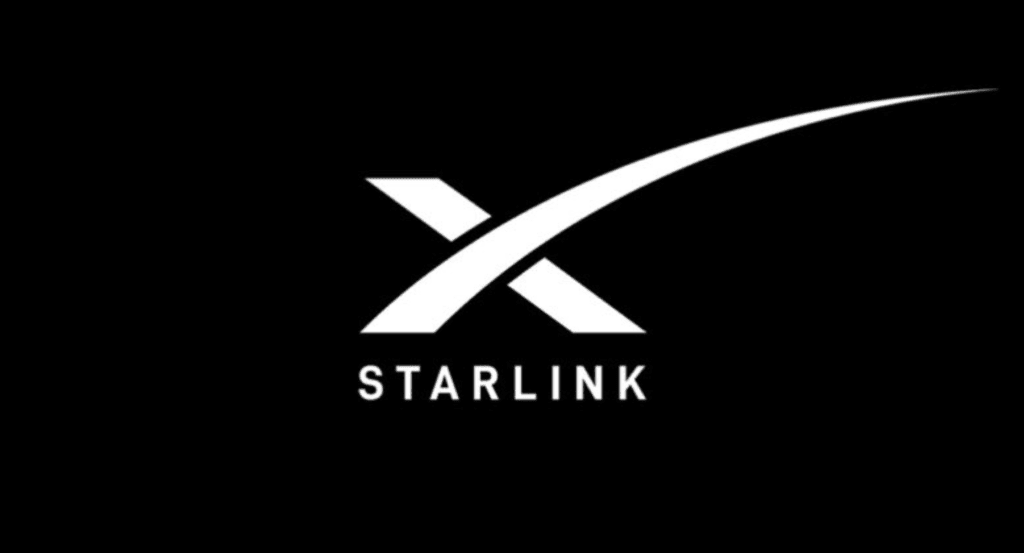Starlink, the satellite internet service provider owned by Elon Musk’s SpaceX, has announced a significant price increase for its services in Nigeria, effective January 2025. The new pricing structure raises the monthly subscription fee from N19,260 to N75,000. This marks a sharp increase that has sparked concerns among users and industry stakeholders about affordability and accessibility.
In addition to the increased subscription fee, the cost of the Starlink hardware has also risen. Nigerians will now pay N438,000 for the equipment, a substantial jump from the previous rate of N276,000. According to Starlink, the revised pricing reflects adjustments to economic realities, including inflation and exchange rate fluctuations.
Starlink’s decision comes amid growing demand for reliable internet services in Nigeria, where connectivity challenges persist, particularly in rural and underserved areas. The company has been lauded for its ability to provide high-speed internet access through satellite technology, which bypasses the limitations of traditional infrastructure.
Reactions to the Price Hike
The steep increase has elicited mixed reactions. While some customers acknowledge the value of Starlink’s services in bridging Nigeria’s digital divide, others have expressed concerns over affordability, especially for low- and middle-income earners. Industry experts warn that the higher costs could exclude a significant portion of Nigeria’s population from accessing the service.
The timing of the announcement coincides with discussions within Nigeria’s telecommunications sector about potential tariff hikes for mobile internet services. Local telecom operators have cited rising operational costs and the devaluation of the naira as factors necessitating tariff adjustments.
Implications for Nigeria’s Digital Economy
The price hike highlights broader challenges facing Nigeria’s digital transformation agenda. Affordable internet access remains critical to achieving national development goals, including increased digital literacy and economic inclusion. Analysts have called for a balanced approach that ensures sustainability for service providers while maintaining affordability for consumers.
As the federal government prioritizes the protection of telecommunications infrastructure and investment in the digital economy, stakeholders emphasize the need for regulatory oversight to address pricing concerns. The Nigerian Communications Commission (NCC) has yet to release an official statement regarding Starlink’s revised pricing.
Starlink’s move underscores the dynamic and competitive nature of Nigeria’s internet market. With satellite internet seen as a viable solution for remote areas, ensuring affordability and accessibility will remain pivotal to the company’s long-term success in the country.





















